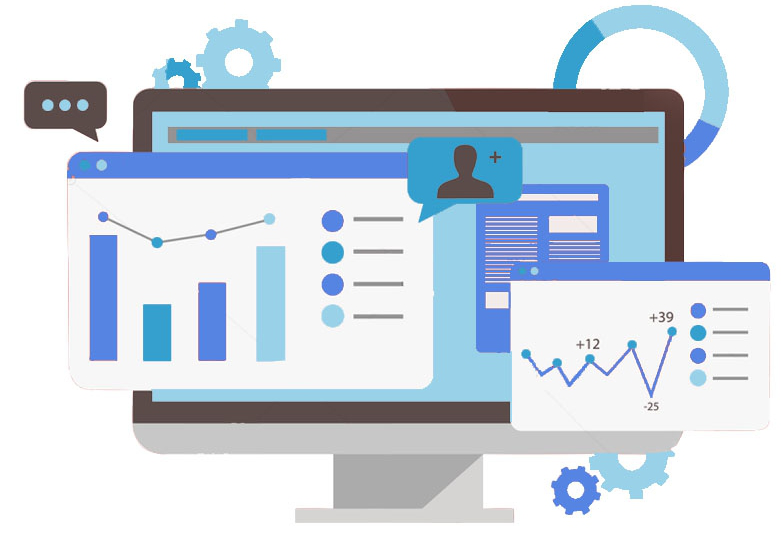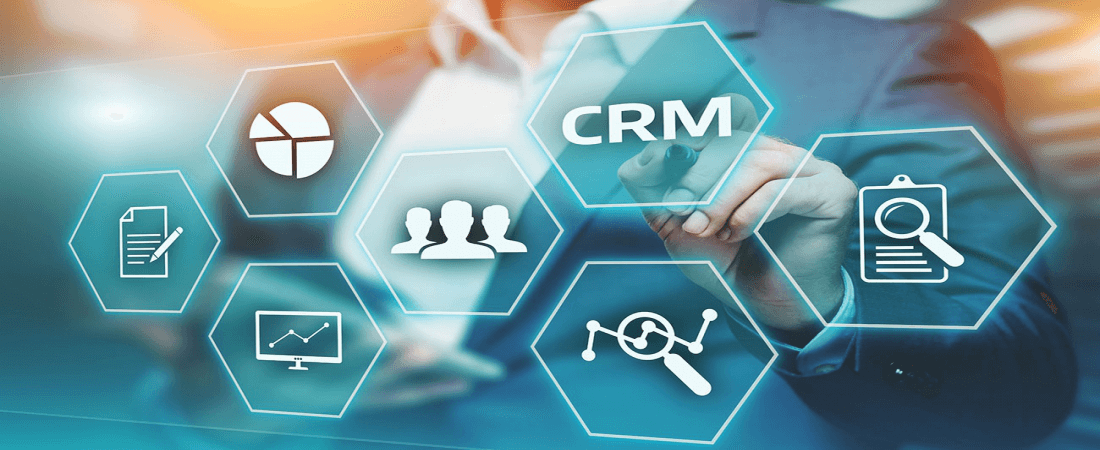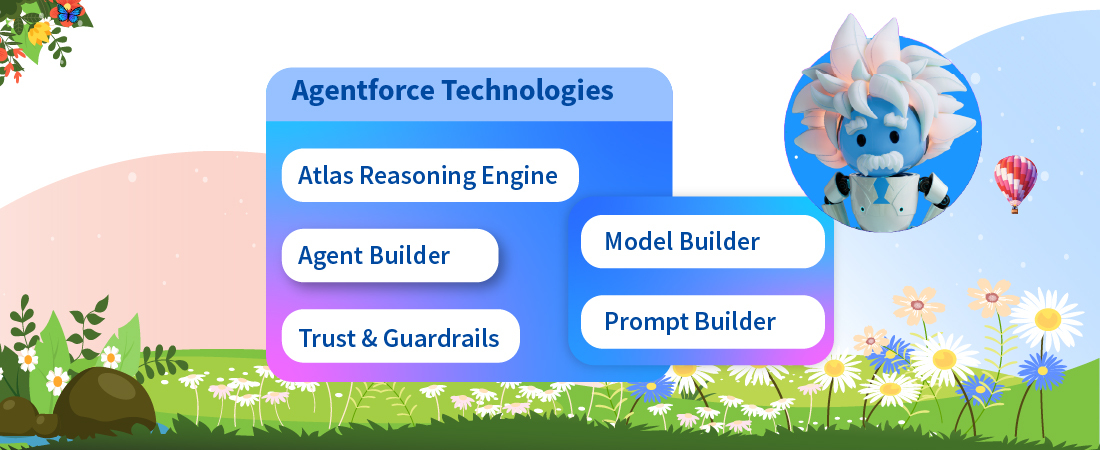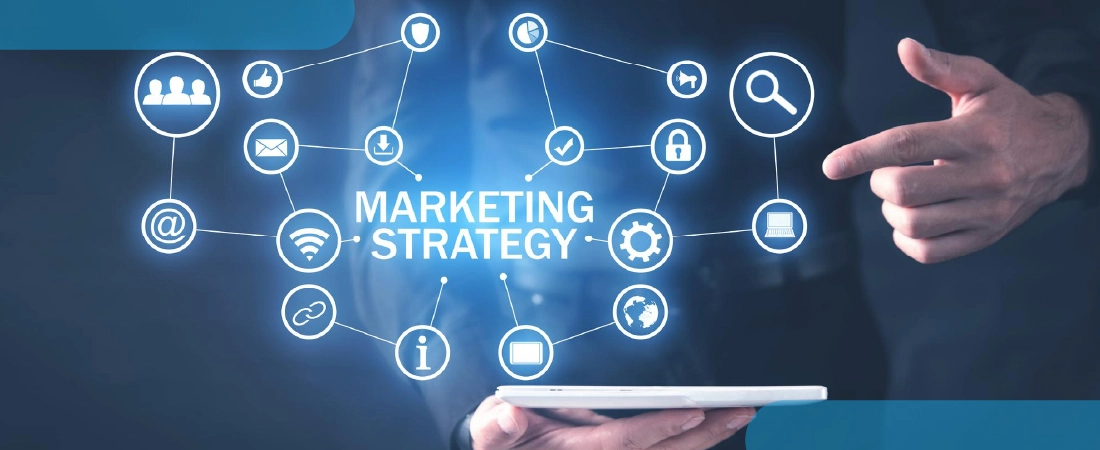CRM software has come a long way from simple spreadsheets used to store customer information to client server applications like Siebel and now the leader of the block cloud based solution Salesforce. Salesforce transformed the CRM industry by launching its platform in a software as a service model and shifting the usage of CRM’s from only large enterprise to a product that is used by corporations ranging from Startups to Fortune 500. In the initial days what Salesforce essentially did was to replicate the functionality of a traditional CRM to the cloud. With changing business environment the future of CRM is shifting from being a data repository of customer conversation to a platform that enhances customer experience within it, how Salesforce adopts to these development needs to be evaluated closely.
Salesforce CRM has a direct impact on customer engagement. By reducing data entry and automatically capturing customer records corporations increases lead resulting in higher revenues.
Even with these benefits, research shows that CRM adoption within users is often a challenge, and one of the key reasons being that the end user of CRM did not see any benefit of using a CRM. A key reason behind this is that the requirement of different function from a CRM is different. For example marketers can use CRMs for audience segmentation, lead funnel management and social media integration. Customer service reps use CRM solutions to track issues and communication. For an inside sales rep, predominantly prospecting over phone is important and a CRM that lets that reps make calls seamlessly from the CRM, logs it, and share social intelligence as part of the prospecting exercise would be most suited.
In a SaaS setup, corporations are looking at deploying a Cloud CRM solutions that is cost competitive, easily configurable and delivers value. With a competitive economy increasing workplace efficiency is a priority for enterprises. Collaborating with both external and internal stakeholders is important. Modern communication channels like Telegram, Skype for Business and Slack are used to communicate with potential customers. Corporations understand that employee productivity can be increased by deploying platforms that their employees are using daily, the increased adoption of Gsuite is an indication of this.
Let's look at how the future of CRM will look like
Integration of Sales, Marketing, and Operations:- From operating in silos, various department function will be aligned around common goals. The evolution of CRM will reduce sales and marketing silos. The newly emerging sales enablement function which is a fusion of sales and marketing will become more prominent and will evangelize shared goals and a unified message. Marketing will continue to play the role of the brand evangelist whose function will be to attract customers but Sales profile will transform from its current function to subject matter experts.
Personalization:- Personalization at scale will be a reality in the future of CRM. We are already seeing this shift with Salesforce partnerships with google and acquisition of Demandware. Personalization, will become a reality by data managing and big data analytics in real time. Amazon is already doing some interesting work in data analytics and personalized recommendation. Extrapolating this to a future Amazon Go store, a shopper enters an Amazon store and receives in app notification for recommended purchases.
Integration:- Organizations of the future will need a Cloud CRM that is closely integrated with their supply chains in real time and provide a seamless experience.

How customer experiences are changing CRM?
CRM applications are now integrating sales, marketing, and operations to enable seamless customer experiences. Developing customer insight to build profitable customer relationships is the key success factor of a CRM. A good CRM will capture, aggregate and analyse the data that is in their systems.
The value in a CRM implementation comes from leveraging the data feed to analyse and enhance customer experience. To ensure this outcome managing data quality is critical. With the capabilities that Salesforce is building in areas like AI and ML, we can predict that
CRM of future will be predictive enabling a seamless customer experiences.
CRM applications of future will provide actionable customer insight and will help corporations answer questions like:
- What are my most optimal customer engagement channel?
- How are customer preferences evolving?
- How can I exceed my customer expectations?
In conclusion:
CRM applications are here to stay and will continue to play a critical role in enabling a corporation get insights into its customers.
With features like Hyper-personalization and , Unified View of Customer Salesforce is uniquely positioned to address the emerging changes in the CRM ecosystem. It helps businesses to engage with their customers with an integrated experience.
With the acquisition of Demandware Salesforce is crunching humongous amount of data enabling it to detect pattern and build its machine learning capabilities. With the Mulesoft acquisition, building integrations between marketing cloud, commerce cloud and other third party enterprise apps is going to be seamless.
With the roadmap that has been charted out by Salesforce, it’s clear that it will remain a dominant player in the CRM market and will continue to offer its customers a solution that factors in their needs.






